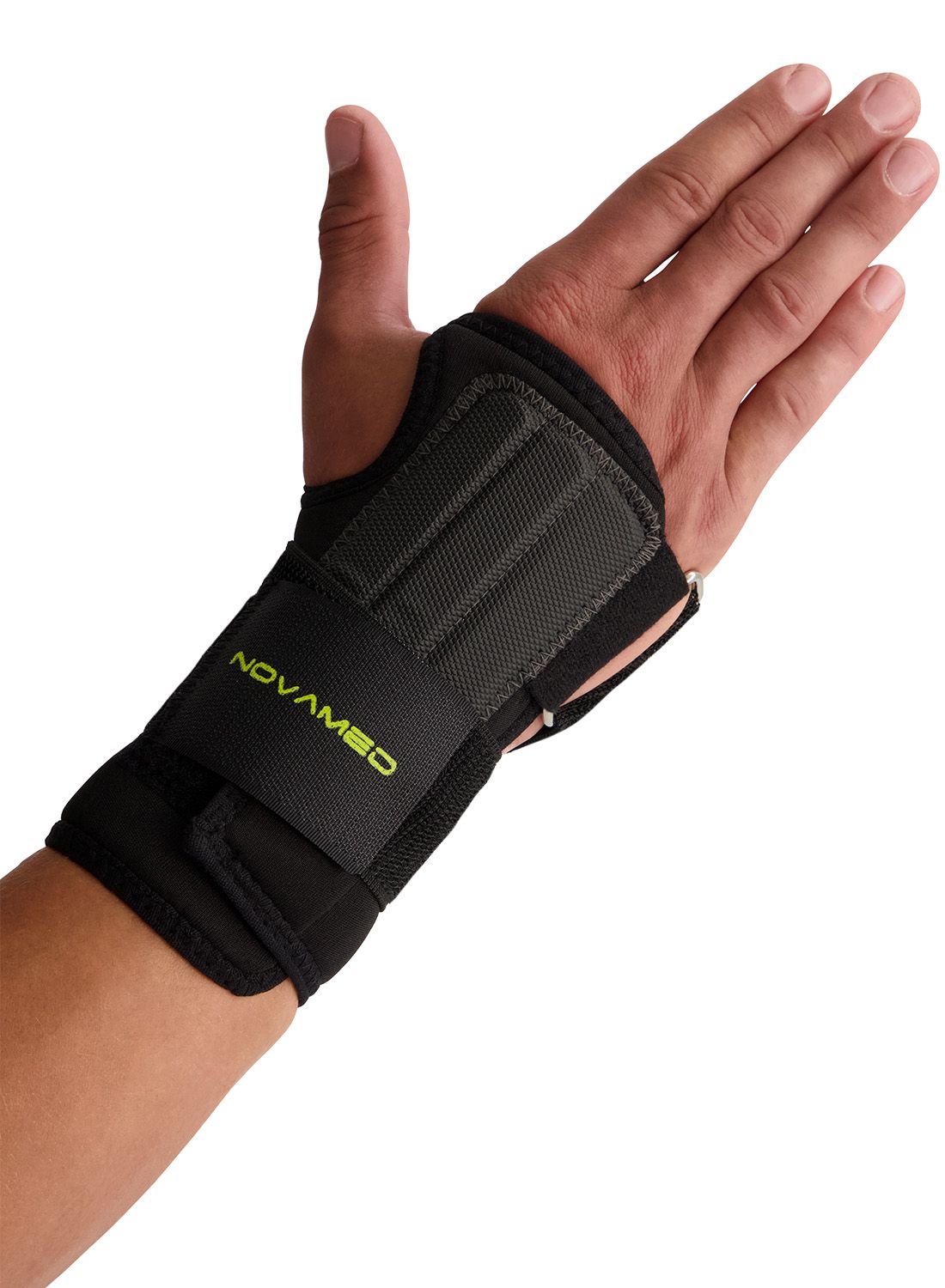Sprained wrist
A sprained wrist occurs when you make an incorrect movement. A sprain involves an unnatural movement of a joint, which causes swelling.
Difference between a bruise and a sprain
The symptoms are almost the same as those of a bruise, as swelling can develop that becomes painful. However, unlike a bruise, a sprain has three different degrees.
- Grade 1: A few ligament fibers are torn, but the wrist can still be used normally.
- Grade 2: Part of the ligament is torn, and the wrist no longer functions properly.
- Grade 3: The ligament is completely torn, the wrist is no longer usable and requires surgery.

What causes a sprained wrist?
A sprained wrist can only occur as a result of an unnatural movement. This movement causes swelling, which leads to pain.
What are the symptoms of a sprained wrist?
A sprained wrist can have several symptoms. The most common symptoms are listed below:
- Tenderness and warmth in the joint
- Swelling around the wrist
- Limited range of motion

How is a sprained wrist treated?
When someone has sprained their wrist, it is important to reduce the swelling. Sometimes it is helpful to use tape, a cast, or a wrist brace if the swelling has not gone down after two weeks. When the wrist is sprained, it is still important to move it occasionally, with light exercises. A mild sprain may heal within 1–2 weeks, but in more severe cases it can take up to 6 weeks.

- Physiotherapist
- Sports podiatrist
- Manual therapist
- Podopostural therapist
- Myofascial dry needling specialist



